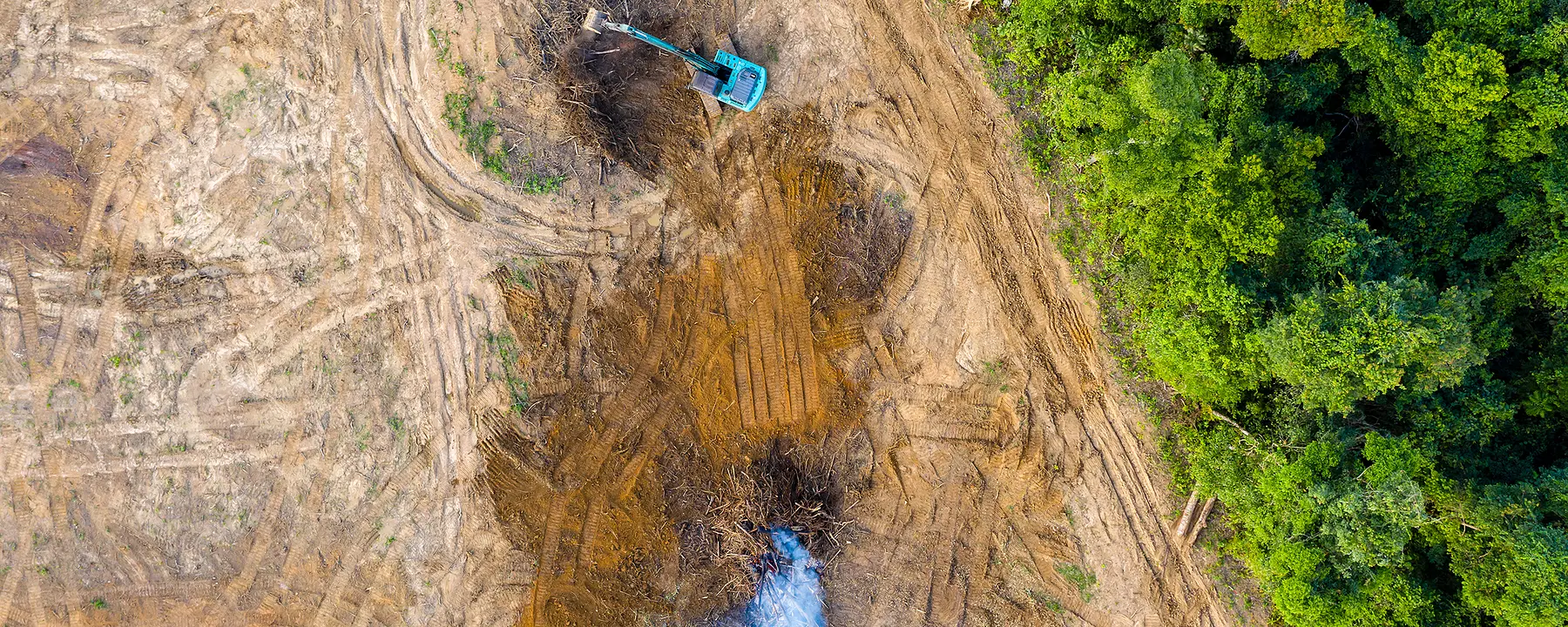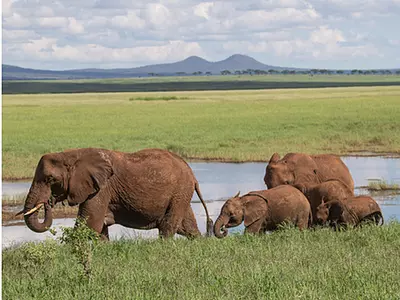What is natural resource management?
Natural resource management must include responsible stewardship of natural resources, whichplays a vital role in supporting livelihoods, creating economic opportunity, and protecting the environment. RTI is a leader in the use of socially inclusive governance approaches that prioritize the effective participation of communities and other underrepresented groups in NRM governance structures. We bring together stakeholders from government, local communities, the private sector, academia, and civil society to build consensus on environmental issues and solutions. This collaborative approach allows us to better address threats to natural resources across sectors and landscapes, and to apply solutions using informed, scientifically grounded decision-making.
None of this is possible without engaging at the local level, and prioritizing engagement and implementation through localized approaches. RTI’s programming, either through grants or investment funds, enables new partnerships to ensure that implementation is founded on locally driven solutions that will sustainably continue well beyond the life of the project.
Our approach to NRM
RTI prioritizes bringing business to the NRM table, supporting their essential role in creating market-based solutions that account for the economic, social, and environmental value of natural resources, incentivize conservation, improve natural resource management, and ultimately increase economic benefits for communities. We work with the private sector to push beyond corporate social responsibility, engaging them as principal stakeholders to uphold conservation practices. Through ecosystems accounting and economic valuation of natural resources, we integrate conservation as an essential part of doing business in the local context.
Learn more about our work in environment.












